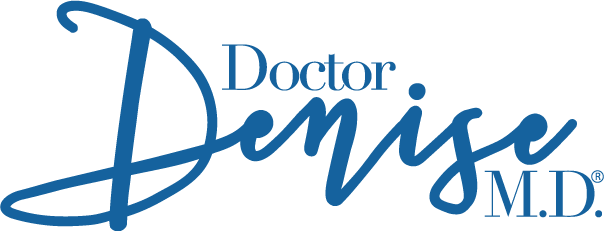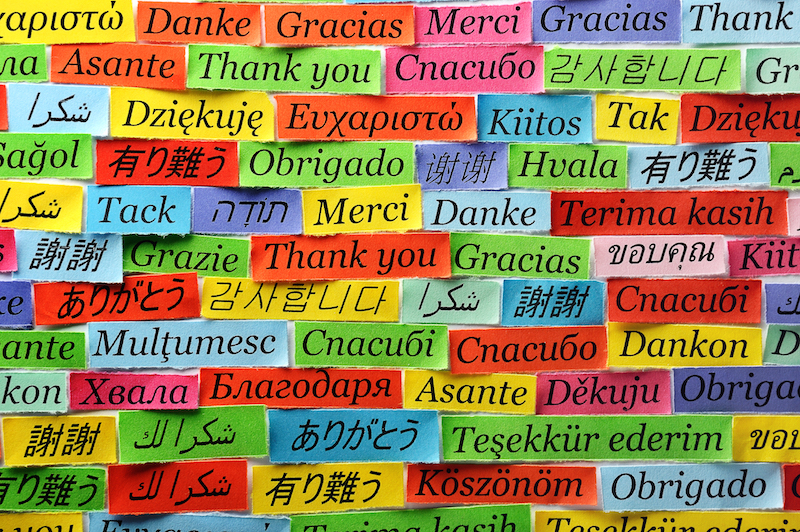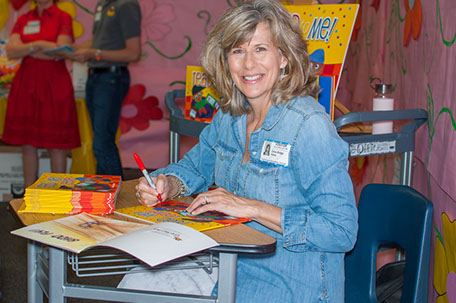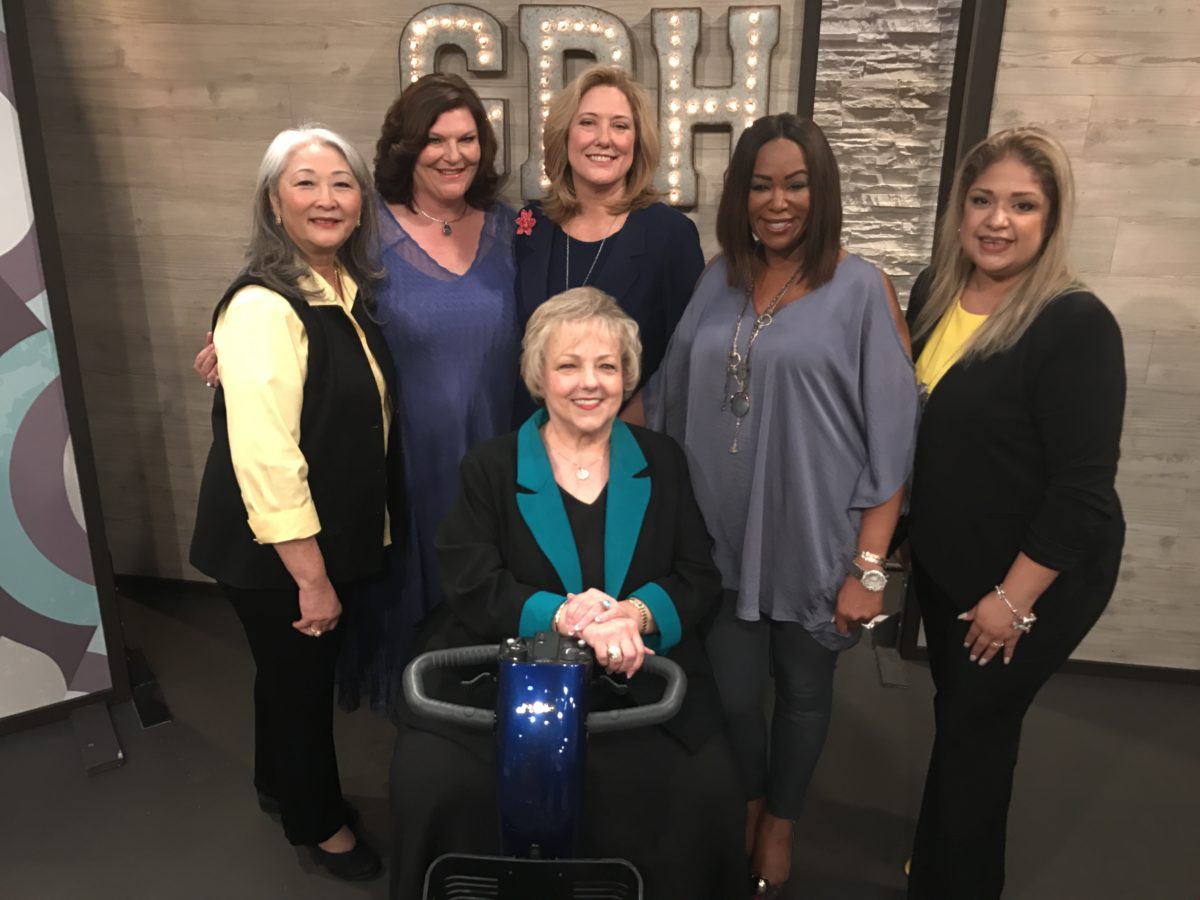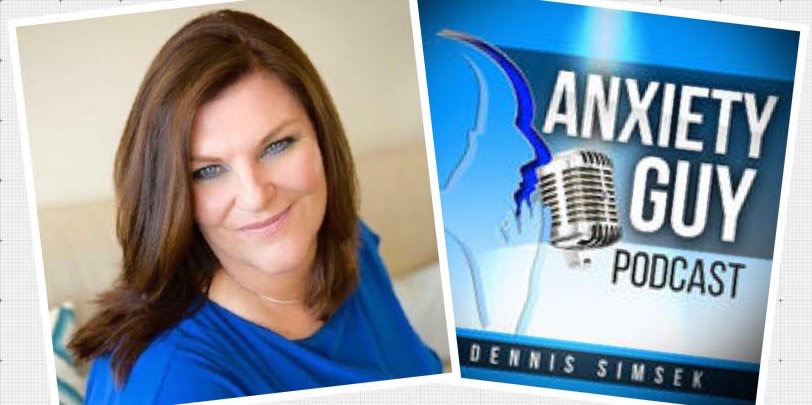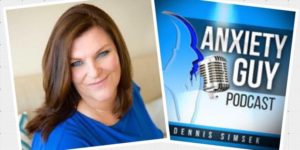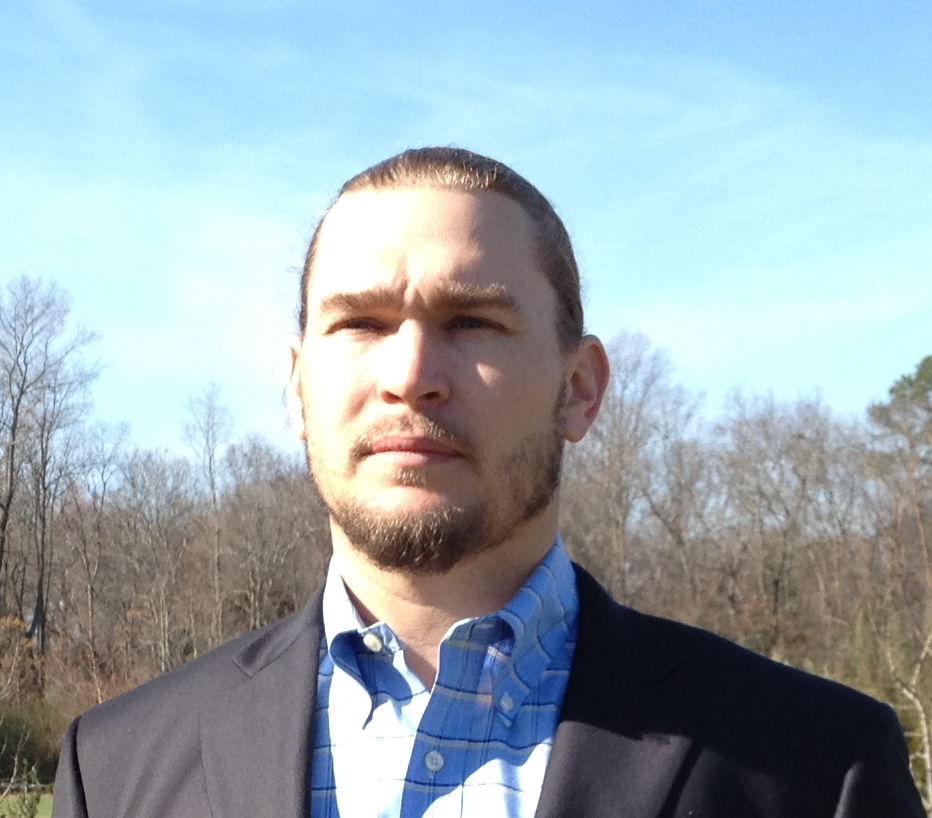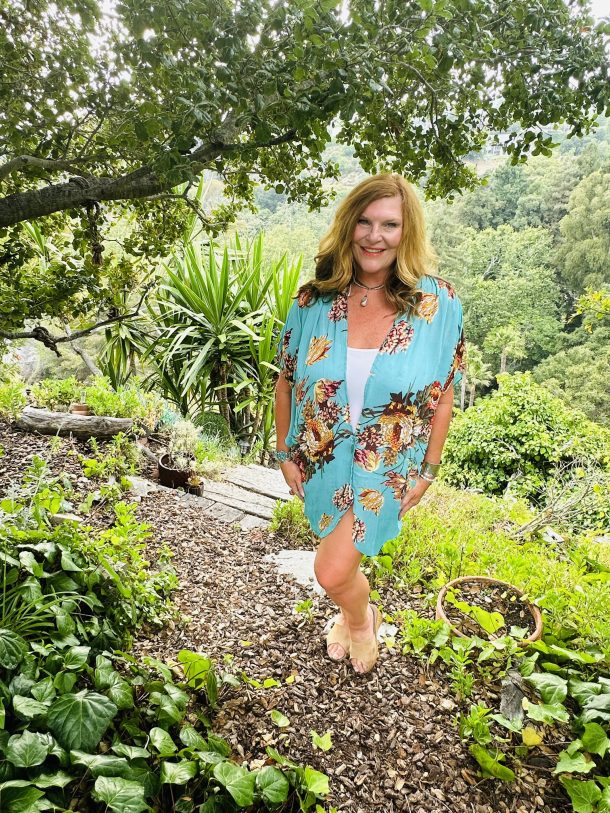I am grateful as a doctor to be living at a time when the Mind, Body, Spirit paradigm shift has been introduced and embraced by many. I honor and thank the Pioneers of Integrative Medicine that have paved the way for succeeding generations.
The “humanistic relationship” and therapeutic trust between my patients and myself has always been the key to starting a collaborative relationship.
I believe setting intentions of love and compassion for your self are the start to your health, happiness and inner peace.
You are not your target symptoms. You are a multidimensional individual with thoughts, feelings, and perceptions that matter to me. They should matter to you too.
I believe we are ready as a society to embrace the Spirit—Mind—Body approach. You have to start with Spirit.
His Holiness, the 14th Dalai Lama defines spirituality with great clarity: “In Ancient Wisdom, Modern World “spirituality” is concerned with those qualities of the human spirit such as love and compassion, patience, tolerance, forgiveness, contentment, a sense of responsibility, a sense of harmony-which bridges happiness to both self and others…”
‘Human spirit’ can be thought of as your intention to be the kindest, most loving and compassionate you.
A fundamental first exploration with my patients includes, “What makes you happy? “ It is important to know where each individual’s starting point is. In a warm and engaging manner, I find out how each child, teen, or adult views their health and well-being in the context of their developmental stage and Worldview.
“Why are you here? How can I help you?” Questions are asked in a way that inspire self empowerment from the start. “Your opinion matters to me.” It is important to make the point, “We all perceive and process the world in our own unique way.” This statement is a “shame-breaker.”
In medical school you are trained to know the interview style which includes the famous “chief complaint.” “What brings you here today?” That is important, yet let’s take it a step further. How about thinking about your goal for achieving your “chief success or aspiration of how you want to feel?” Do you feel the difference in the words? They are healing intentions. Yours.
You are a fundamental part of activating your path to well-being.
So, I believe that step one to reaching health and wellness is engaging my patients to want to be “their own best version of themselves” and for younger kids the thought of “being your own best friend.”
I work with a lot of children. I find that kids and parents really want the “bottom- line”, with an outlined health plan. We all do. I believe that the bio-psycho-social assessment coupled with a Spirit, Mind, Body approach leads to multidimensional well-being.
Spirit-Mind-Body Approach For Children Made Simple:
Step One: Spirit: Be Your Own Best Friend. Set the intention that you will be aligning with your highest self. Spirit sets the pace.
I collaborate, empower, and foster a trusting space with each individual that makes it known that they need to engage in the goal of starting their journey of health with the intention of “being your own best friend”.
I expect you to want to shift from being in crisis, to stabilization, with the end point being “thriving”. We figure out together what thriving looks like for you.
Examples:
With kids (age 5 to preteen): I define my role “I am a feelings doctor.”
I ask “What did your parents tell you about coming here today? Was it your idea to be here or your parent’s idea? Or both?” I validate all possibilities.
I convey to each person “Your opinion matters to me. This is your health.” We might play games, build legos or draw a picture.
I ask, “Is there anything you want help with or want to feel better with?” Common responses from kids are “I want to focus more.” “I care too much about what other people think.”
“If you could design a school or family routine that was your favorite what would it look like to you?”
This approach engages the child into thinking about what their best life would look like.
Step Two: Assessing the Mind. Essentially what are your thoughts like?
I interview with open-ended questions using the framework of Western medicine. I value science and medicine and will make a treatment plan with the current standard of psychiatric care.
I emphasize, “You are not your symptoms or your diagnostic labels. You can help change your thoughts to healthy ones.”
Neurodiversity is embraced and I carefully choose words that promote wellness, not illness. I educate my patients as to why I use terms that allow for a “flight towards health and well-being”.
Examples: If someone is struggling with an eating disorder such as Anorexia (as defined by the DSMV/Western medicine) the treatment plan is defined and aligned with a multidisciplinary approach based on scientific data coupled with the collaborative “thrive plan” that each person and family system helps to create.
I quickly educate my patient that we will now be calling it your “nutrition issue” (a neutral reframe) or if a different term works for my patient I have them “coin their own term” and I coach them to phrase it in a neutral or positive way.
Why? This promotes a cognitive reframe, sets the intention for wellness and shifts an individuals thought into “Act as if” already healthy mode. P.S. Not everyone is ready to do this from the start. That is ok. It is a process. It happens at the pace it is going to happen.
Key point. My patients know that their thoughts make a difference to feeling better.
Step Three: Assessing the Body. Essentially what is your Physical health like?
To honor your overall well-being you need to take care of your physical health and your nutrition. I work closely with primary care doctors to make sure a physical exam and lab work has been done. I am open to all viewpoints of assessing physical well-being. Exercise, Nutrition and Meditation/Mindfulness are all part of the assessment and treatment recommendations.
In summary:
Spirit- “Be your own best friend.”
Mind- “Have healthy thoughts.”
Body “Be physically healthy.”
I view the Spirit—Mind—Body Paradigm as the progressive evolution of what our Masterminds in medicine, science and spirituality have been restating throughout history.
Dr. Denise
